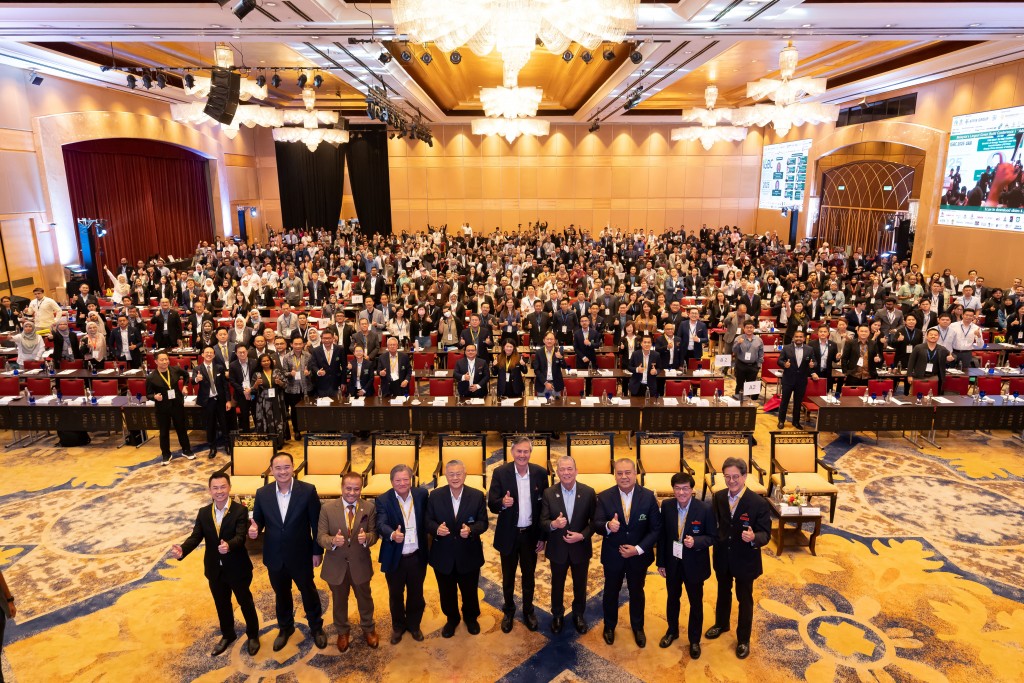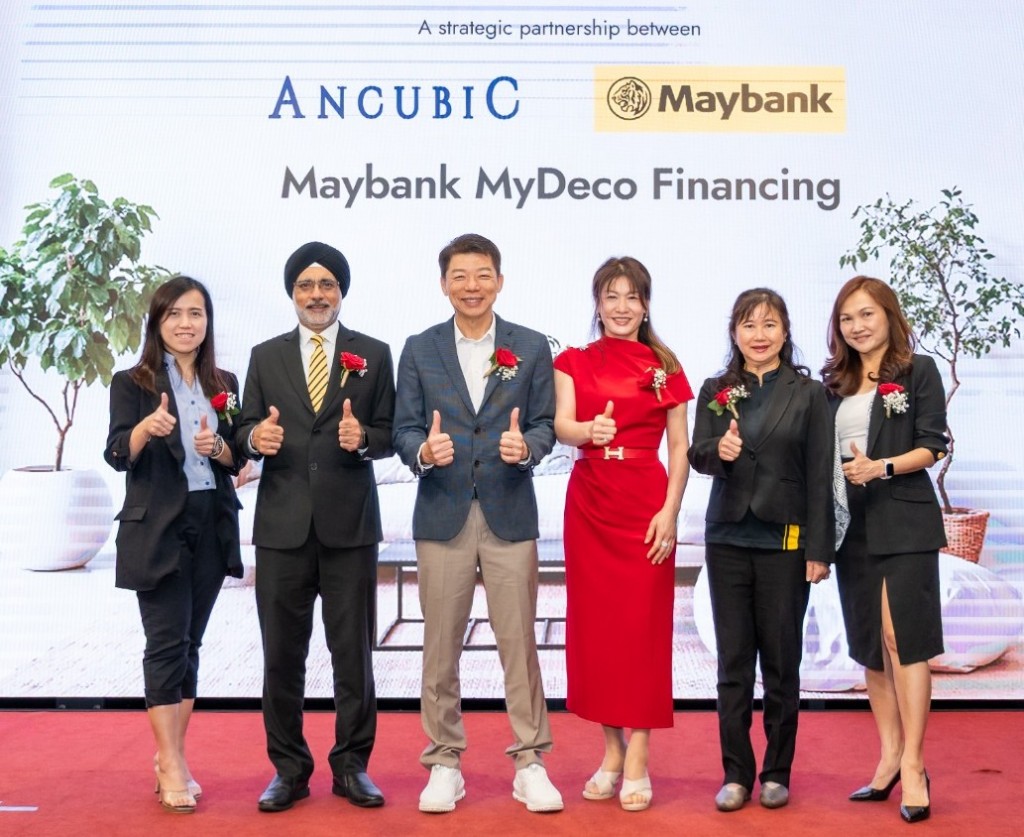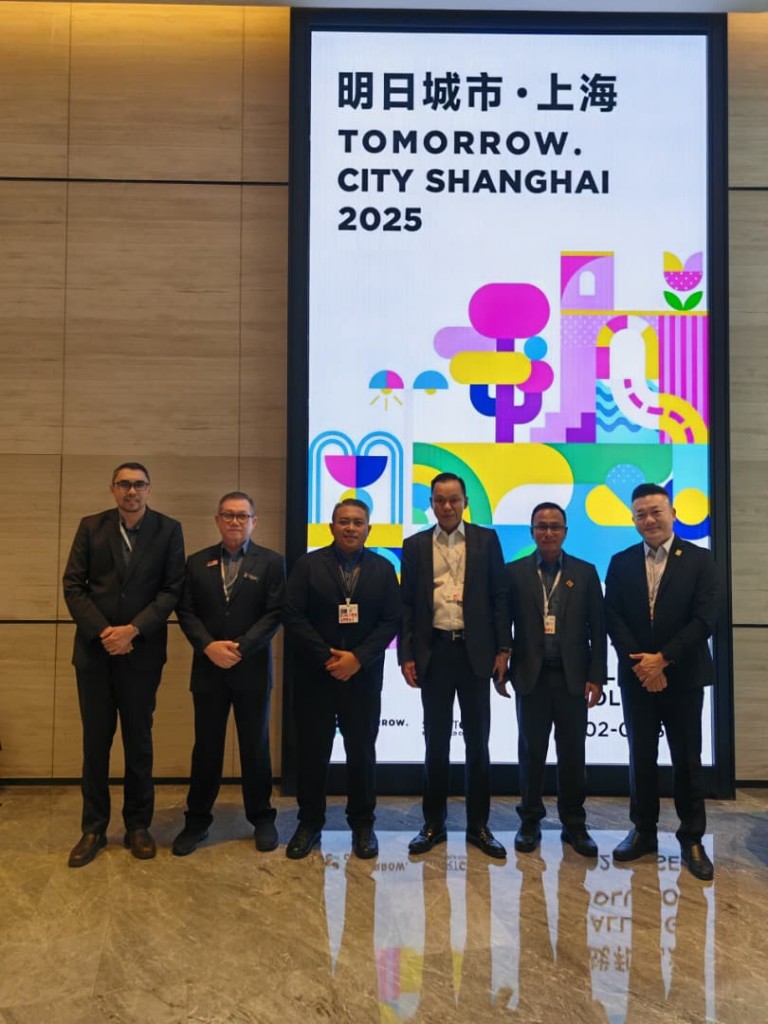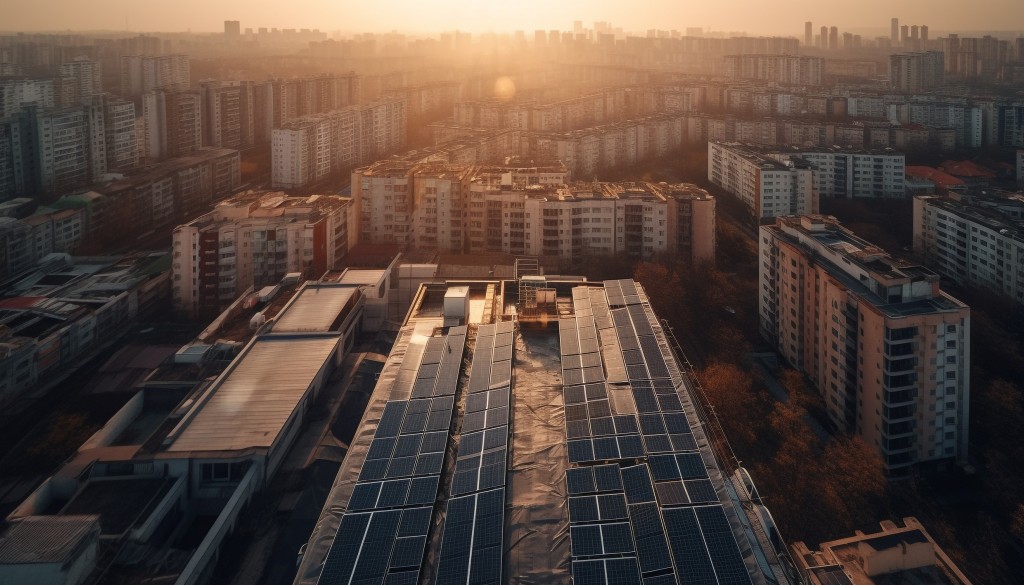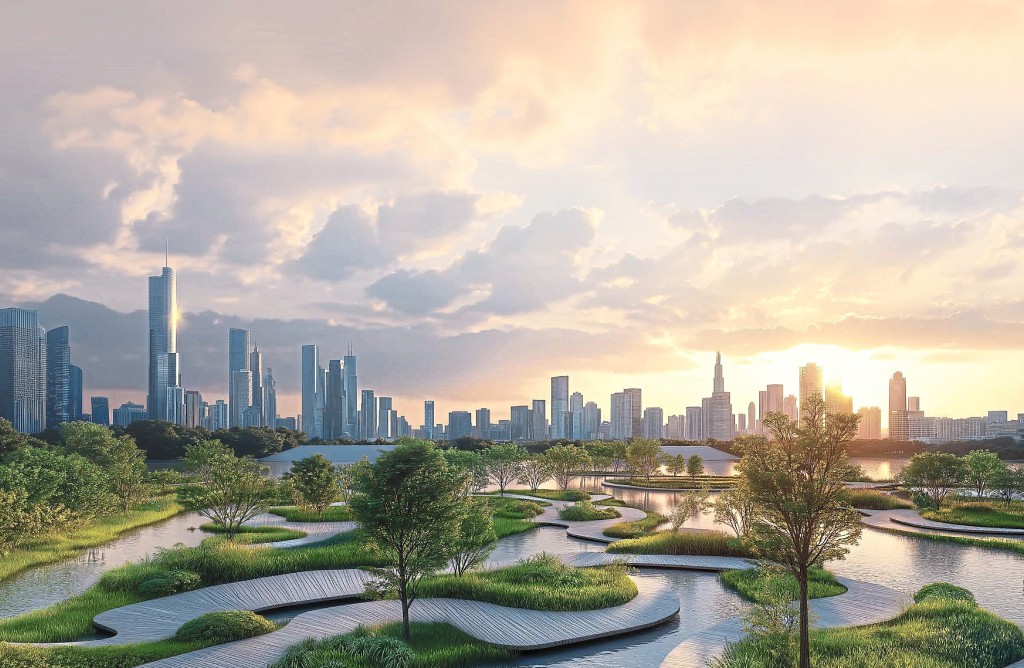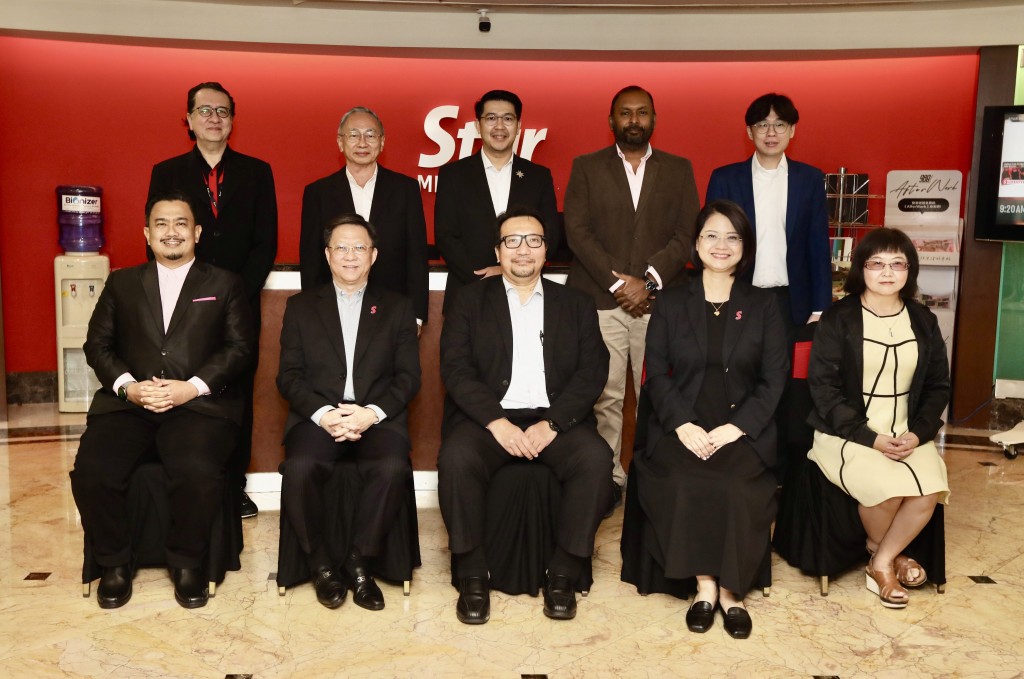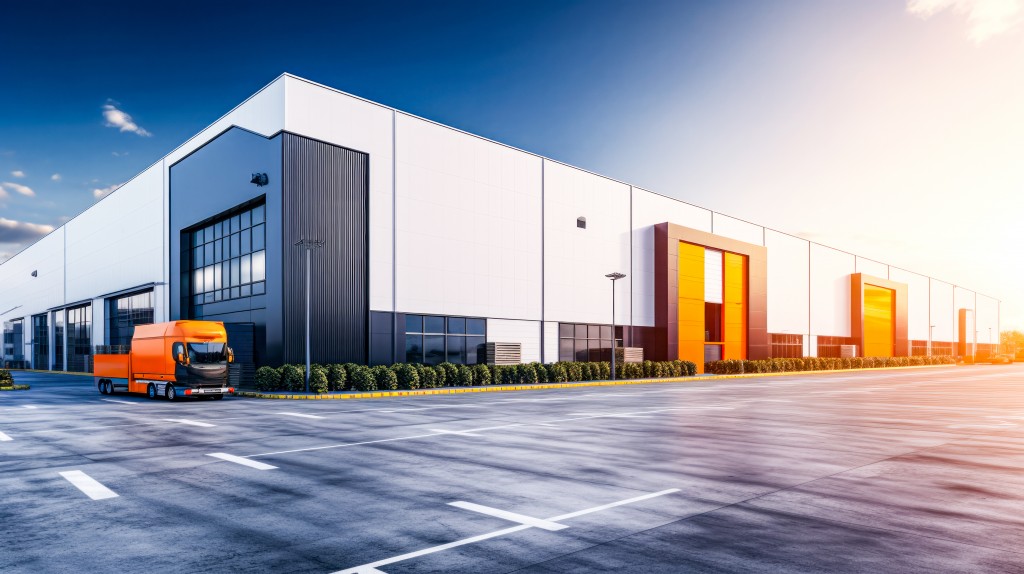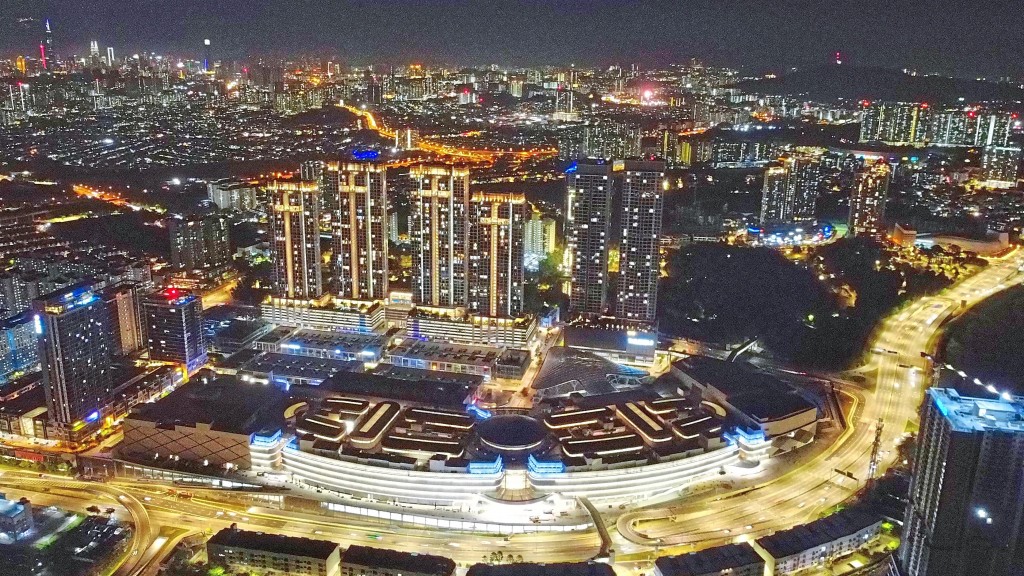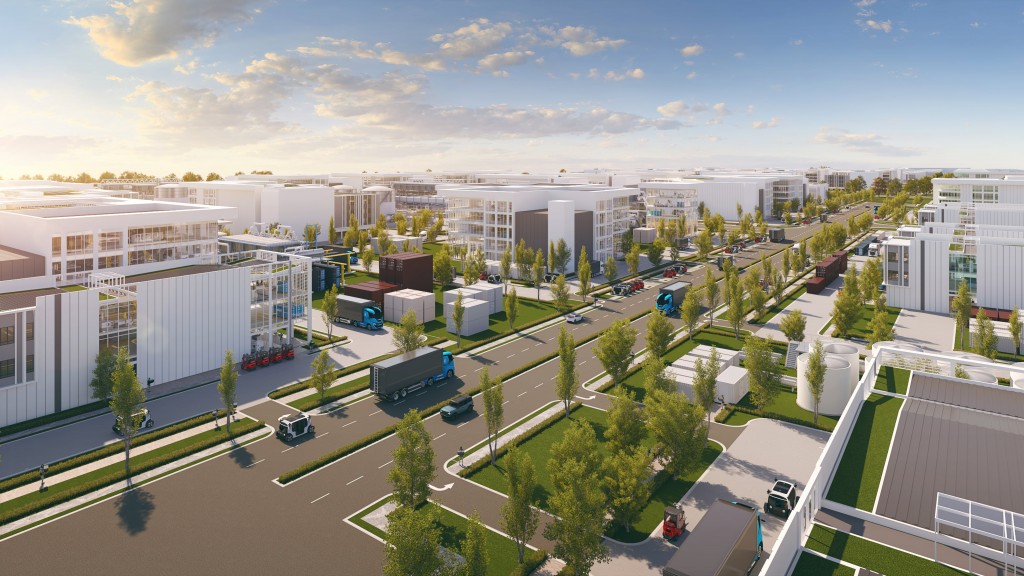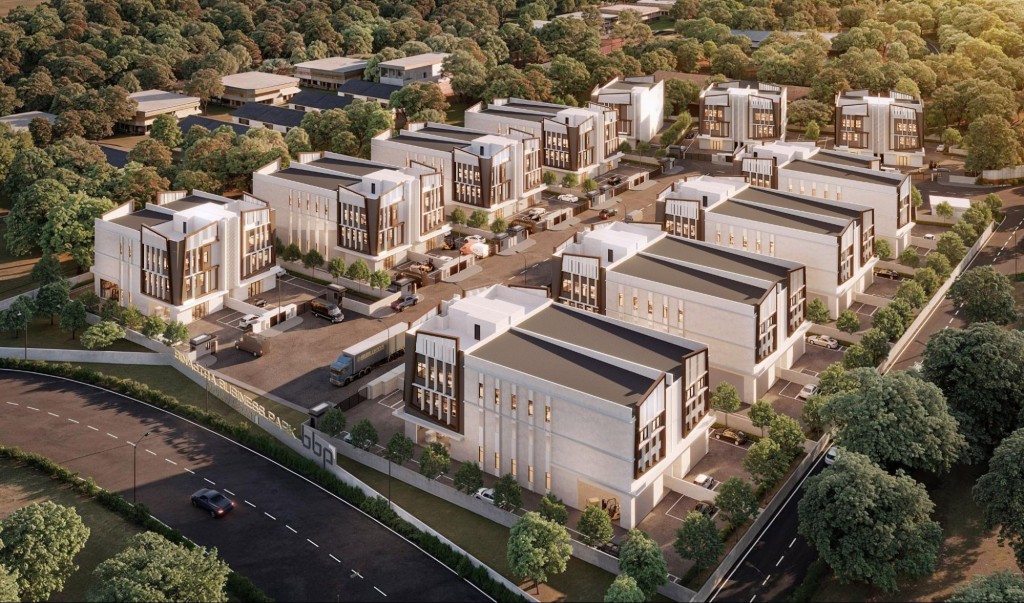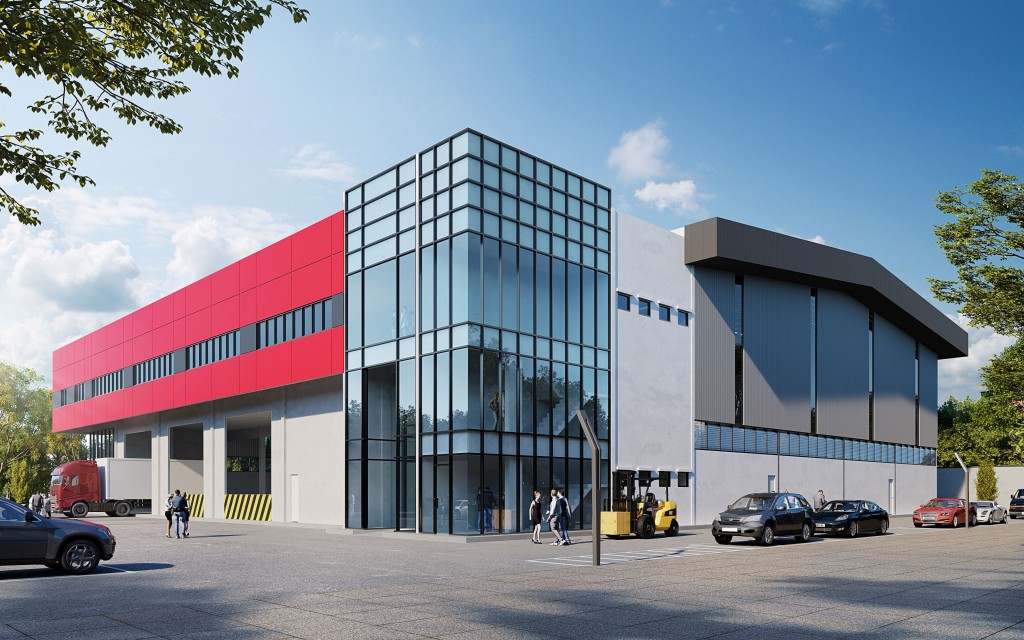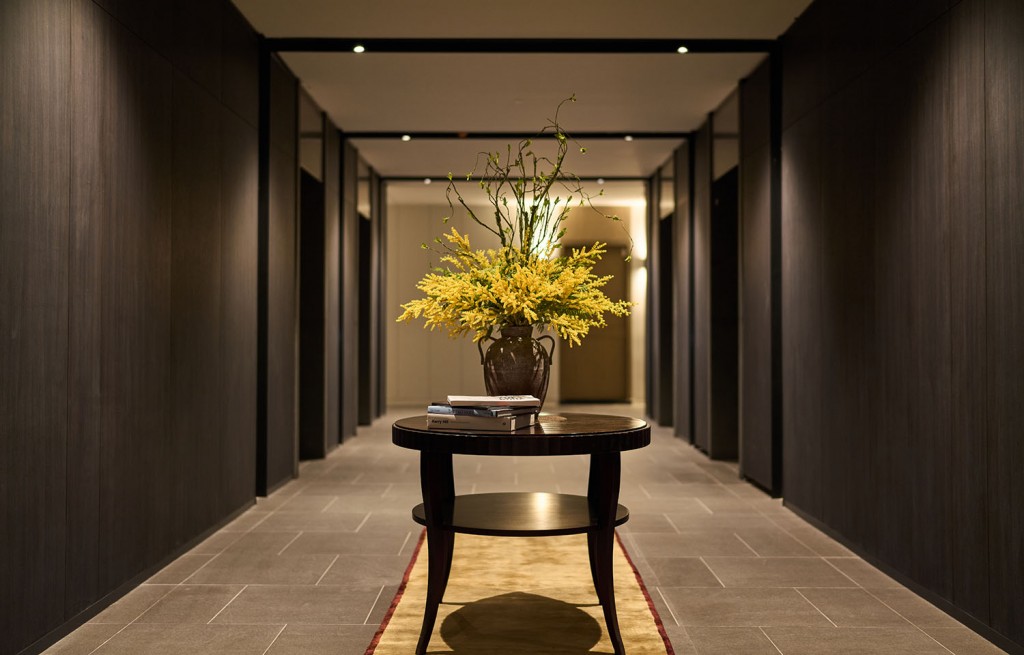Kuala Lumpur - City Spaces; Public Places. Humanising our city, our society via inclusiveness, accessibility and enhanced livability.
The 8th International Conference on World Class Sustainable Cities 2016 (WCSC 2016) has once again gathered an interesting line-up of distinguished international speakers at the Sime Darby Convention Centre, Kuala Lumpur, Malaysia on Thursday, 8th September 2016.
World class speakers from the United States, Australia, Singapore and Malaysia, globally renowned for their innovative ideas and excellent achievements in contemporary planning issues, as well as managing connected public spaces, engaged an audience of some 500 participants, City Managers, and members of the public.
Through Kuala Lumpur City Hall's (DBKL) endorsement and support, city authorities and officials, and representatives from Residents' Associations throughout Kuala Lumpur attended as participants in the conference.
This annual conference was co-organised by the Real Estate and Housing Developers' Association Malaysia Wilayah Persekutuan Kuala Lumpur (Rehda KL), the Malaysian Institute of Planners (MIP) and the Malaysian Institute of Architects (PAM).
Now in its 8th year, the WCSC series started in 2009. It was organised to bring together ideas and best practices on what makes cities sustainable places to live and work in, as well as to increase the awareness of our city dwellers and other stakeholders on what makes a city great. The conference is unique as it brings together all stakeholders of the city.
World Class Sustainable Cities conferences in the past have focused on various topics, including the transformation of Cheongyecheon River in Seoul, Korea; the city transportation solutions for Curitiba, Brazil; the metamorphosis of Kaohsiung, Taiwan from an industrial polluter to an ecological tourist hub and demonstrating that liveable cities are creative and competitive.
The World Class Sustainable Cities conferences have had an influential impact in shifting public perceptions to the Kuala Lumpur projects that followed. The Cheongyecheon River restoration was a great prelude to the Kuala Lumpur River of Life project, the Curitiba experience in transforming the city's buses and MRT, and pedestrianization projects that include covered walkway systems to make cities for the people.
This year's theme of "City Spaces, Public Places", was chosen by City Hall of Kuala Lumpur, with the objective of increasing public places in the city of Kuala Lumpur through alternate initiatives such as public-private partnerships that collaborate with and engages the residents and end-users of Kuala Lumpur, thus creating meaningful and sustainable enhancements to the city we jointly thrive in.
The choice for this year's line-up of international speakers underlines the desire to learn about other best practices from some of the top-ranked, world class livable cities that Kuala Lumpur may take place alongside such places in the years to come.
For the first time, DBKL, together with World Class Sustainable Cities, initiated the Best Public Spaces Recognition for four selected public parks in Kuala Lumpur, namely Perdana Botanical Gardens, Taman Tasik Titiwangsa, Dataran Merdeka and Taman KLCC where the general publicc voted for their favourite park in Kuala Lumpur, as such great public spaces need to be appreciated and inherited by future citizens of the city.



